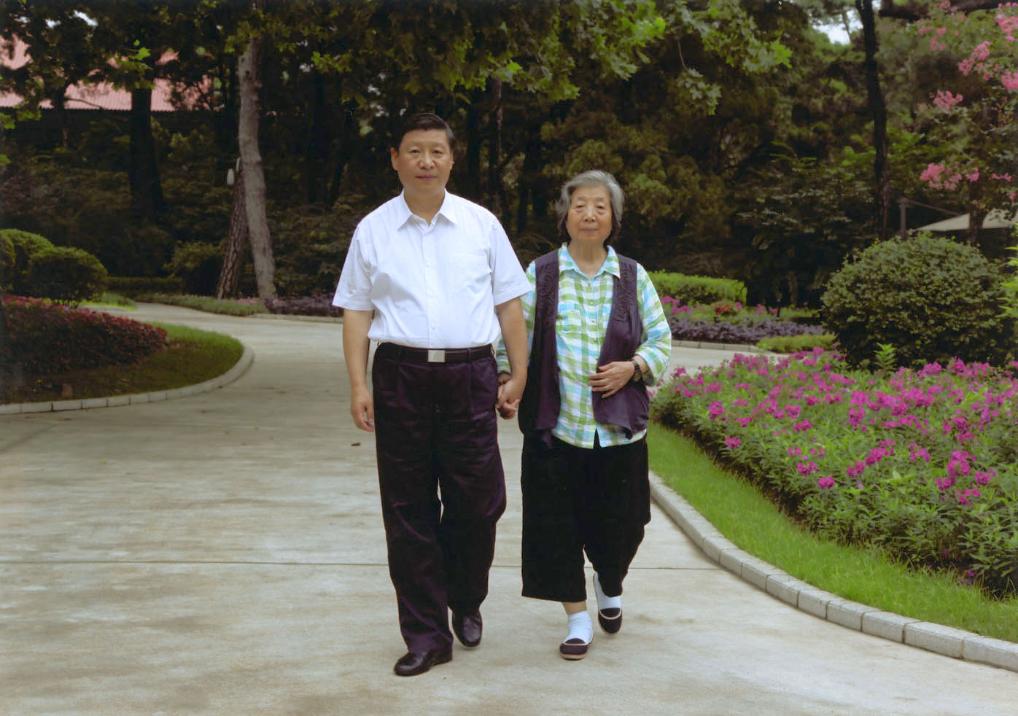Xi Focus-Profile: Xi Jinping, man of culture


A CULTURE ENTHUSIAST
Xi was born in 1953 into a family of revolutionaries. As a child, he was greatly inspired by China's traditional culture. He said he would never forget the story of Yue Fei, as told by his mother. Yue was a patriotic military commander from the 12th century whose mother tattooed "serve the country with the utmost devotion" on his back, a phrase that embodies "Zhong," or loyalty, in Confucian philosophy. Xi made it his life's goal to follow this motto.
Xi has mentioned that reading is his favorite hobby. His school teachers remember him as an exceptional student with a passion for reading classical literature, particularly as a fan of Du Fu, a renowned realist poet from the Tang Dynasty (618-907).
In the late 1960s, Xi was dispatched from Beijing to Liangjiahe, a small village in Shaanxi province on the Loess Plateau, as an "educated youth" to engage in arduous farm labor. Hauling a whole box of books to the village, Xi immersed himself in a diverse reading journey, exploring works from Chinese literary masterpieces to those of Shakespeare and Tolstoy, and from Chairman Mao's "Serve the People" to Karl Marx's "Das Kapital."
Some 40 years later, the man who used to read late into the night under the dim glow of a kerosene lamp in a cave dwelling stood at a podium in the UNESCO headquarters as the president of China, sharing his views on culture and civilization. "He drew on famous poets and writers to highlight his country's long history and the importance of cultural diversity," according to media reports.
Xi refers to Liangjiahe as his "university" where he learned China's traditional virtues. Throughout his seven years in this village, Xi endured a challenging life, and shared work and meals with the poor locals. He vividly remembers the villagers' generosity, as they imparted valuable lessons about life and work and shared whatever little they had.
In return, Xi extended the same kindness. He shared his rations to help those in need, offered his spare shoes to a younger villager without any, gave his hat to someone lacking one in cold weather, and generously gifted books and notebooks to those who cherished reading and learning. The villagers used "Ren Yi," or benevolence and righteousness, the highest standards of traditional moral uprightness, to praise the young man.
Farmer Liang Yujin, now in his 70s, reminisced about making unannounced visits to Xi on four occasions after Xi had left Liangjiahe. Already a high-ranking official, Xi welcomed Liang into his home, and they ate meals prepared by his wife, Peng Liyuan. Liang brought millet, pumpkins, and sweet potatoes for Xi, and in return, Xi offered him tea and pastries. "He asked about every family in the village," Liang said.
























